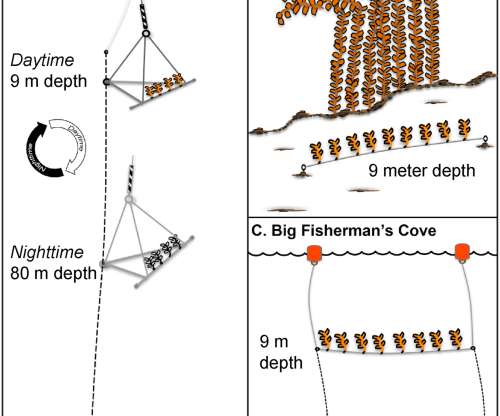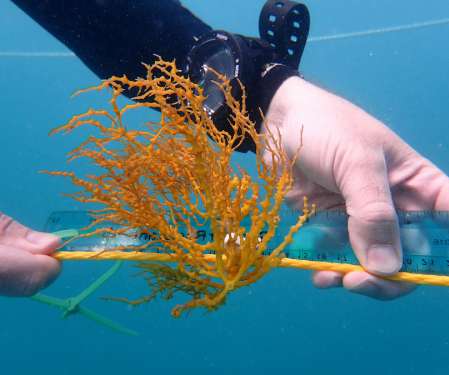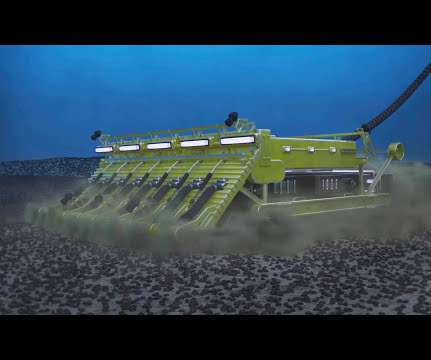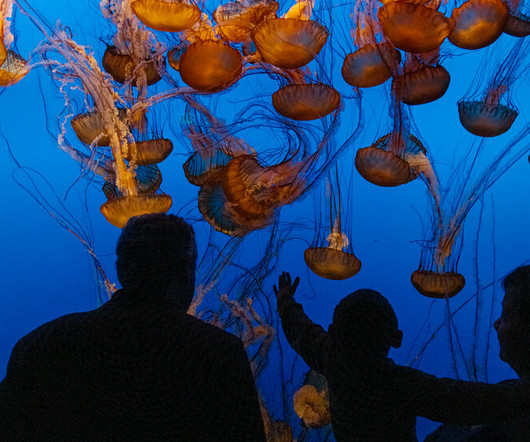USC study shows promising potential for giant-kelp-based biofuel with depth-cycling approach
Green Car Congress
MARCH 3, 2021
Scientists at the USC Wrigley Institute for Environmental Studies on Santa Catalina Island, working with private industry, report that a new aquaculture technique on the California coast significantly increases kelp growth, yielding four times more biomass than natural processes. The researchers used a depth-cycling approach—i.e.,
































Let's personalize your content